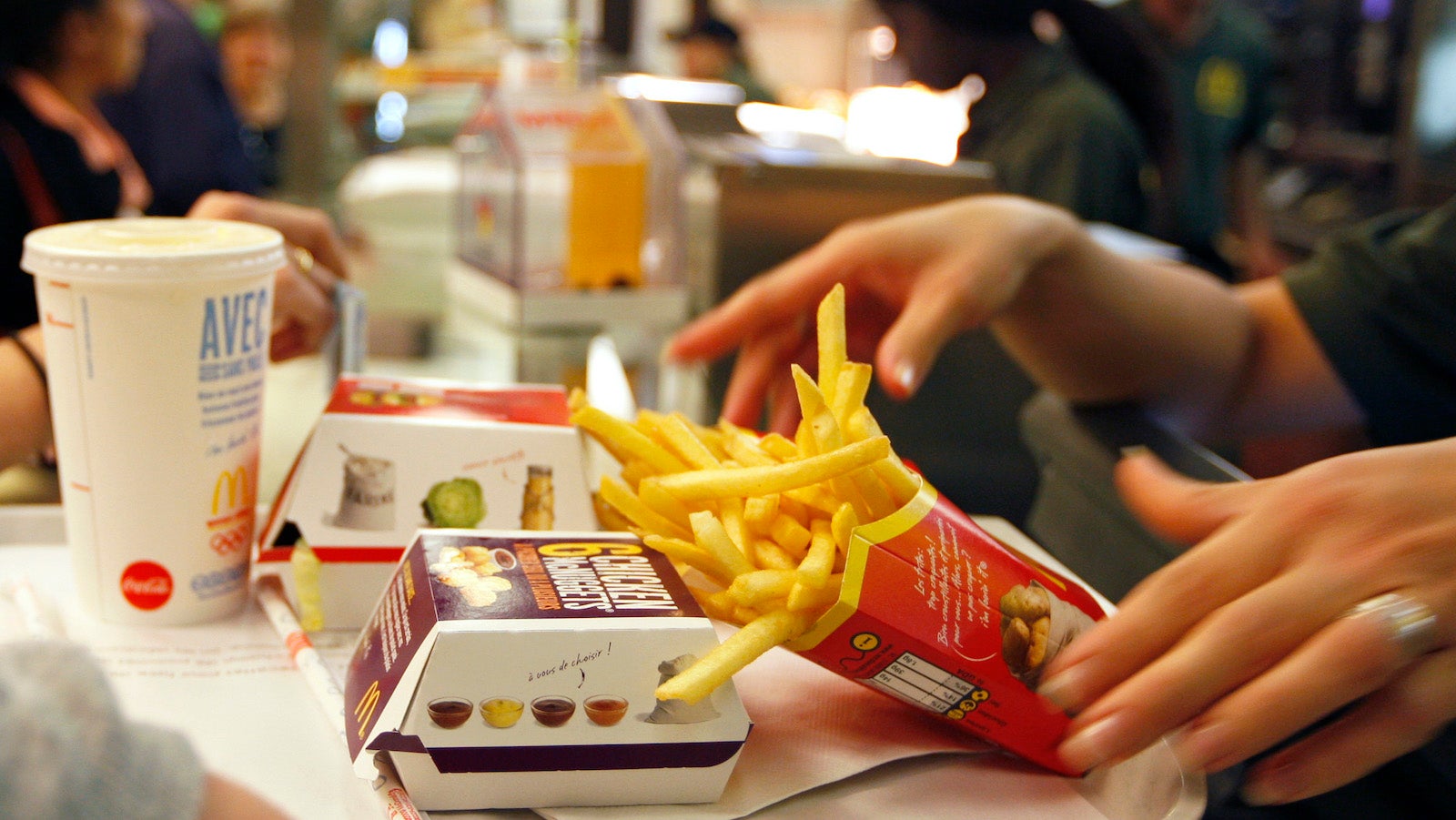Study: Teens who eat a Western diet suffer poor academic performance
Want your kids to bring home a 4.0 on their report cards? Then feeding them a Western diet—one rich in red and processed meat, fried food, refined food, and soft drinks—is apparently not the way to go.


Want your kids to bring home a 4.0 on their report cards? Then feeding them a Western diet—one rich in red and processed meat, fried food, refined food, and soft drinks—is apparently not the way to go.
Teenagers who regularly eat Western foods perform significantly worse than their peers in school, according to a small study published in Nutrients journal earlier this year. The researchers polled hundreds of Australian adolescents at age 14 on their dietary choices over the last 12 months as part of the long-running Western Australian Raine Study that monitored their health and development since birth, then examined their standardized test scores. Compared to those who ate a healthy diet full of vegetables and whole grains, those who ate a Western diet tested roughly 7% lower on average in mathematics, writing, and reading—even after the data was normalized for different body mass index readings and physical activity levels.
In a separate study involving the same group of youth when they were older, researchers gave participants computerized cognitive tests. In this study, the researchers said the teenagers who ate a more Western diet may have also been less likely to eat breakfast regularly—a habit widely associated with enhanced reasoning and learning abilities.
It’s well-known that diet has a substantial effect on adolescent development. During teenage years, the parts of the brain dealing with learning and memory, like the hippocampus, go through a critical period of change. Food that’s high in saturated fat—and low in nutrients like folate and iron—hinders that development, according to the study’s authors.
The paper isn’t the first to link unhealthy diet choices with academic performance. A Canadian study from 2008 showed that fruits, vegetables, and milk led to higher teen achievement, while 2010 studies in Sweden and Iceland echoed these findings. In that case, childhood obesity is just one reason among many to steer children away from a steady stream of fries and milkshakes.